Publications
Articles, publications, books, tools and multimedia features from the U.S. Institute of Peace provide the latest news, analysis, research findings, practitioner guides and reports, all related to the conflict zones and issues that are at the center of the Institute’s work to prevent and reduce violent conflict.
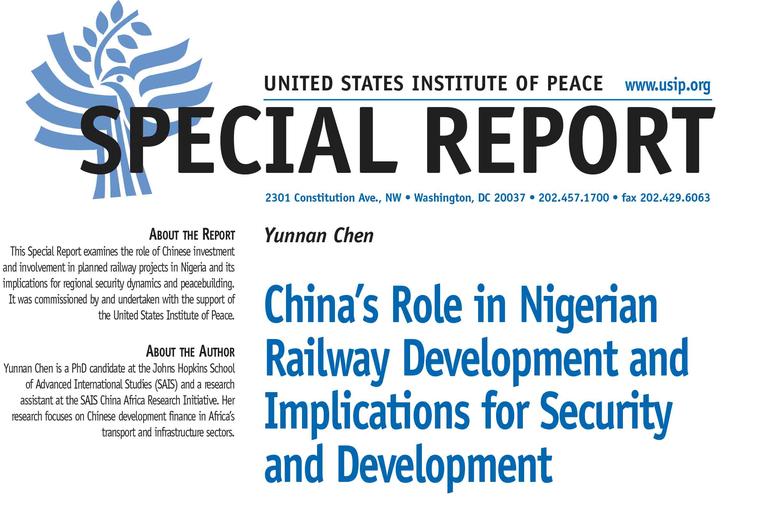
China's Role in Nigerian Railway Development and Implications for Security and Development
This report focuses on Chinese involvement and investment in Nigeria’s railway sector and the intersection of planned projects and regional security dynamics. Examining the role of Chinese loan financ
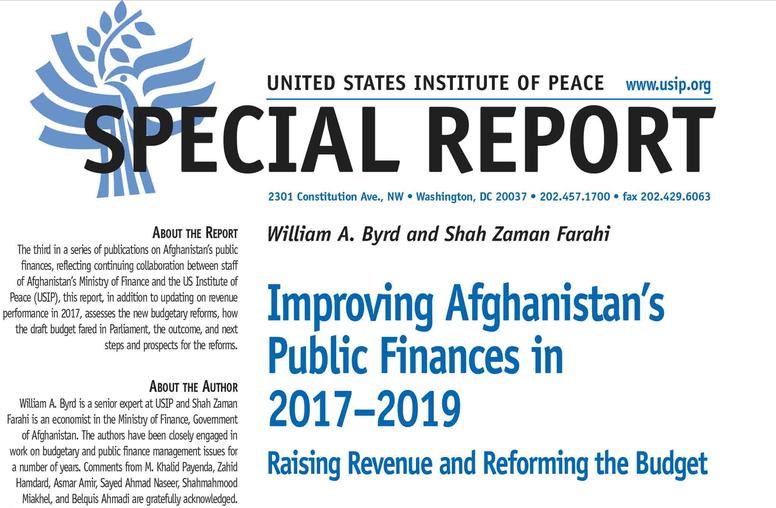
Improving Afghanistan’s Public Finances in 2017–2019: Raising Revenue and Reforming the Budget
The Afghan government has recently embarked on important reforms to the national budget, embodied in the 2018 budget approved by Parliament early this year. This budget sets in motion an envisaged two-year reform process to achieve greater overall transparency, better development programming, and reduced corruption. The third in a series on Afghanistan’s public finances, this report updates revenue performance in 2017 and assesses the new budgetary reforms, how the draft budget fared in Parliament, the outcome, and next steps and prospects for the reforms.
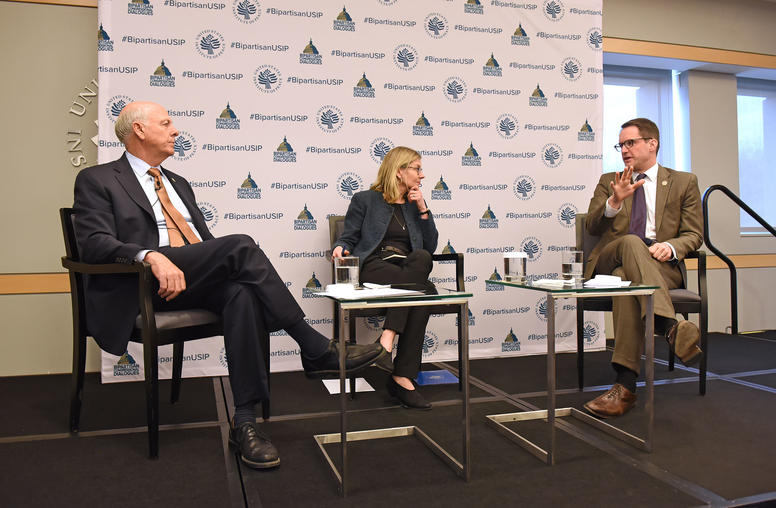
Evolving Cybersecurity Threats Require Bipartisan Approach
We live in an age of immense technological innovation and disruption. While these technologies make our lives easier, criminal groups and terrorist networks have the tools to exploit them, as policymakers struggle to keep up with rapid pace of change. Terrorist groups like the Islamic State and rogue regimes like North Korea employ these technologies to illicitly finance their operations, often using cryptocurrencies in order to evade detection. Despite the partisan rancor in Washington, Republican and Democrat members of Congress are coming together to counter illicit financing and wrestle with these emerging policy challenges.
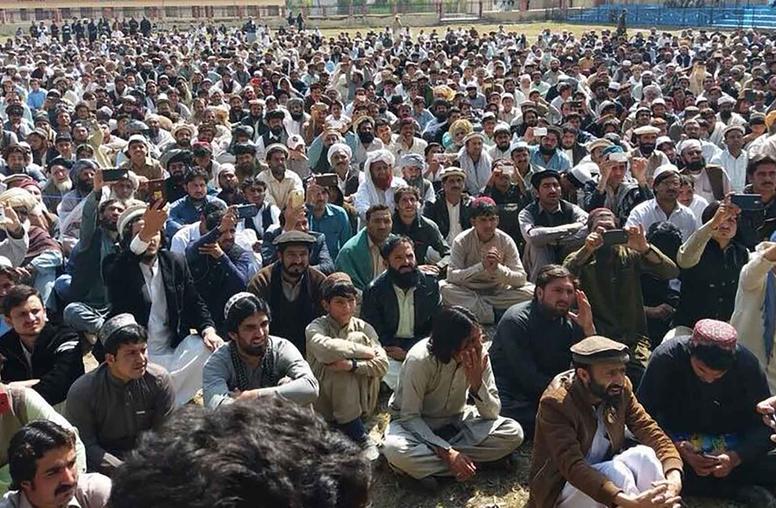
Could Pakistan’s Protests Undercut Taliban and Extremism?
Tens of thousands of ethnic Pashtuns have held mass protests in Pakistan in the past three months, demanding justice and better governance for their communities. The largely youth-led protests forged an organization, the Pashtun Tahafuz Movement (“tahafuz” means “protection”), that has broadened its goals to include democracy and decentralization of power in Pakistan. The movement reflects demands for change among the roughly 30 million Pashtuns who form about 15 percent of Pakistan’s population, the country’s second-largest ethnic community.
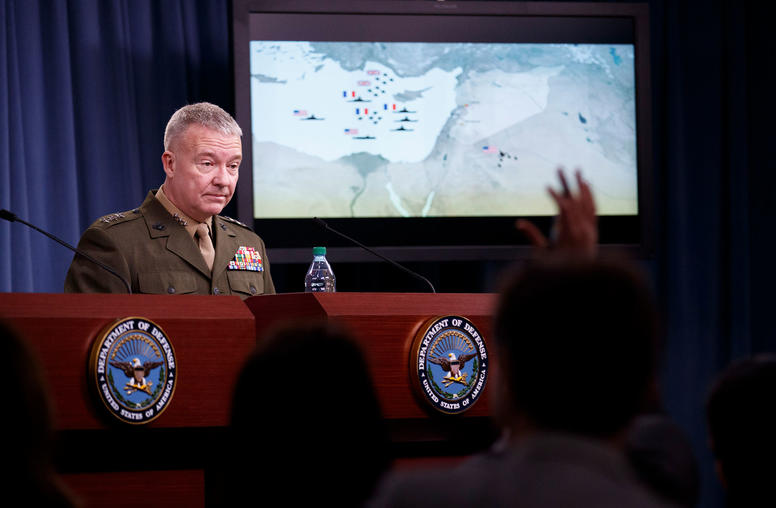
Q&A: After Airstrikes, What’s Next for the U.S. in Syria?
On Friday evening, the United States, together with Britain and France, launched a joint military operation in response to the Syrian regime’s April 7 chemical weapons attack on Douma. The Douma attack left more than 40 civilians dead and several hundred experiencing symptoms of exposure to toxic chemicals. The coordinated airstrikes hit three targets associated with Syria’s chemical weapons infrastructure: a scientific research center, a chemical weapons production facility, and a chemical weapons storage area. Around this time last year in April 2017, the Trump administration launched a unilateral cruise missile strike on the Shayrat airfield following a sarin attack by the Syrian regime on the town of Khan Shaykhoun, which killed more than 90 civilians. U.S. Institute of Peace Senior Advisor for Syria Mona Yacoubian provides some insight into the airstrikes and the challenges that lie ahead.
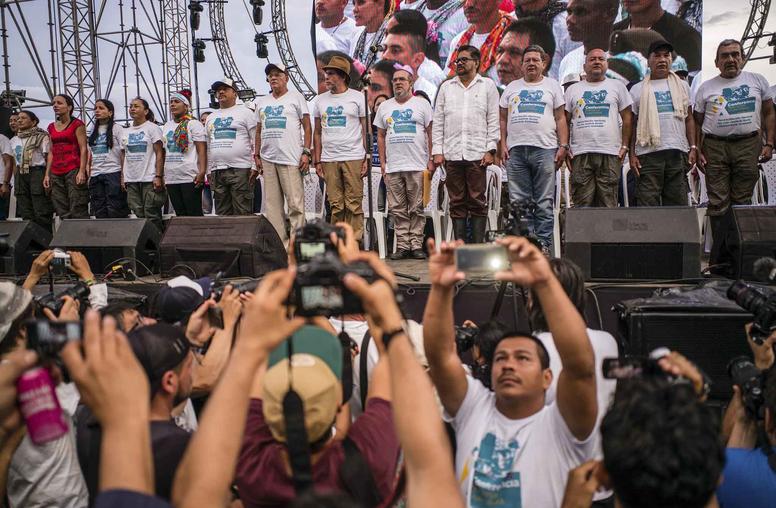
Will Colombia's 2018 Elections Imperil Peace?
The April 9 arrest and extradition request of former senior Revolutionary Armed Forces of Colombia (FARC) commander and peace negotiator Jesús Santrich highlights the complex challenges Colombia faces in the implementation of the historic November 2016 peace agreement with the FARC. Over a year and a half since the signing of the agreement, Colombia finds itself in one of the most critical moments in its efforts to definitively put to rest over five decades of armed conflict that has left more than 8.5 million victims in its wake. Frustrations surrounding the mixed results in the implementation of the peace agreement are exacerbated by the natural uncertainty over the upcoming May 27 presidential elections and its policy impact.

Steve Hege on Colombia’s Progress Towards Peace
Leaders from the Western Hemisphere absent Venezuela’s President Maduro will gather for the 8th Summit of the America’s in Peru later this week. Vice President Pence following the summit will travel on to Colombia. Steve Hege explains a range of issues involving Colombia from U.S. bilateral relations, upcoming elections, peace plan implementation and reforms, and the strains on public infrastructure and services as a result of an exodus of Venezuelan refugees.

Mike Yaffe on Iraq and Syria Event
Following USIP’s event “Iraq and Syria: Views from the U.S. Administration, Military Leaders and the Region,” Mike Yaffe provides key takeaways from the panel featuring CENTCOM Commander General Votel, USAID Administrator Green, and Special Presidential Envoy for the Global Coalition to Defeat ISIS McGurk. "Iraq and Syria are complex and starkly different from one another," says Yaffe, "but the key goals are the same: concentrate on defeating ISIS and work by, with, and through local people to stabilize each country."
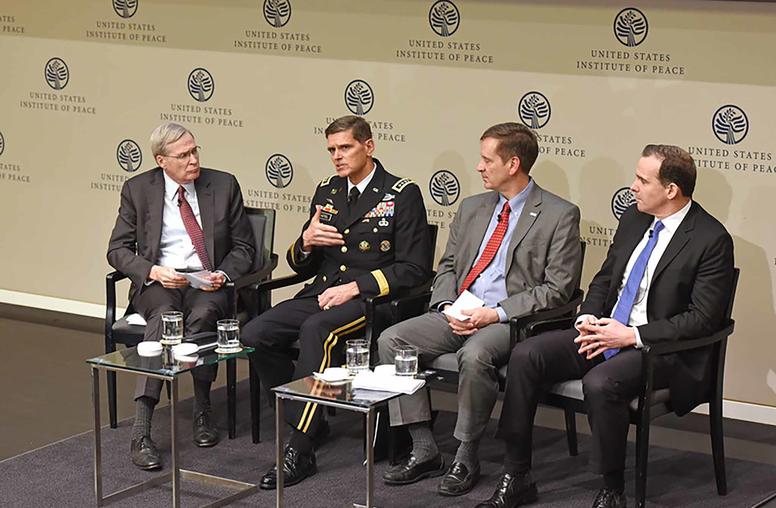
Tilting Iraq and Syria Toward Stability—and Away From ISIS
With last year’s military rollback of the ISIS-declared caliphate, U.S. security and Middle Eastern stability require some way to establish governance in Iraq and Syria that meets the needs of their peoples, according to U.S. administration and military leaders, Iraqi officials and regional experts speaking on April 3 at USIP. During a day-long examination of strategy to stabilize the region and prevent a revival of ISIS, U.S. special presidential envoy Brett McGurk said President Trump’s March 30 order to freeze spending on post-combat recovery efforts in Syria “is not hampering our work in the field.”
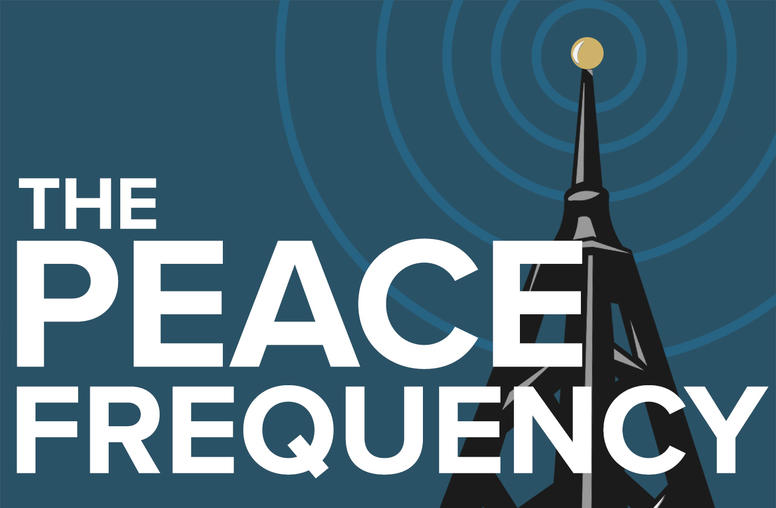
Episode 51 - Meshack Simati
Our guest on this episode is USIP Peace Scholar, Meshack Simati, a Ph.D. candidate in political science at Georgia State University. His dissertation is titled, “The False Promise of the Judiciary in Reducing Election Violence among African Countries.” Together we explore the history of election violence in Kenya and other countries around the world. What is election violence? How does it impact the voting process and the outcome? What are the implication for the future? How do we prevent it?